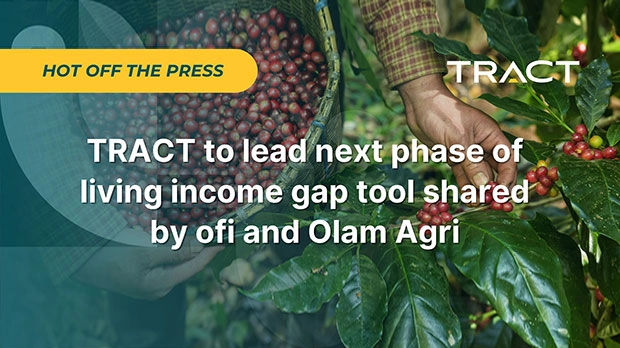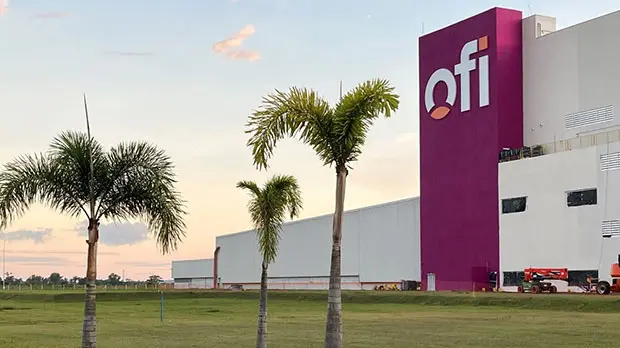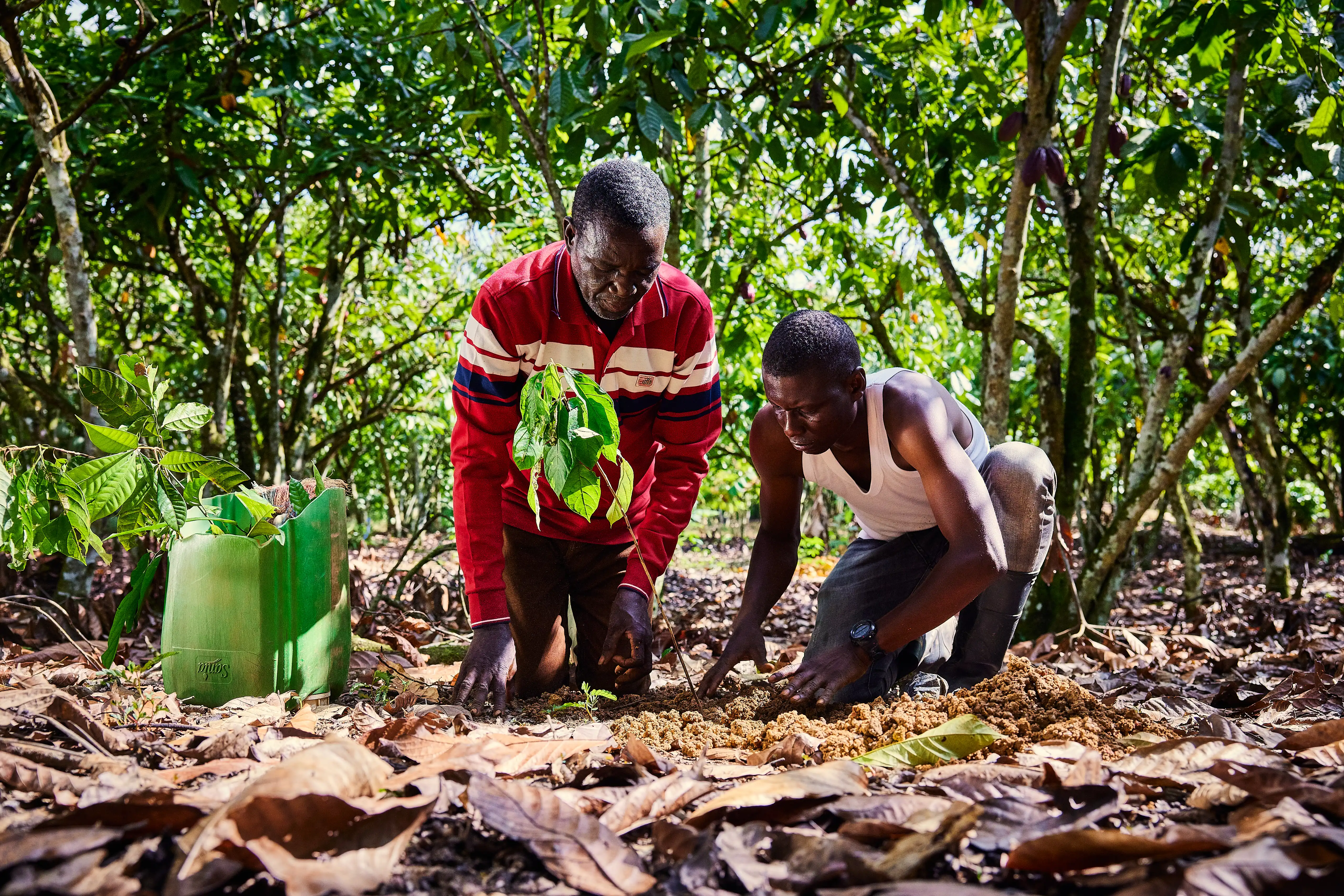Our global presence
Farmers & Origination
Sourcing directly and indirectly from roughly 2.8 mio farmers
Providing sustainability support to 539,000+ farmers
Improving traceability and transparency in your supply chain
Manufacturing & Processing
120+ owned processing plants around the world
Managing how and where raw materials are processed
Offering you flexibility, choice and control
Innovation Centers
19 inn. centers near major consumption markets
Committed to finding solutions for product innovation
Turn your ideas into reality and delight consumers
ofi Offices
There's always an ofi team nearby
Your first point of contact when working with us
Experts in our products and closely connected to origins
It all starts on the farm. You need quality, traceability and reliable supply. Farmers need support to make their businesses sustainable. We can deliver it all.
Consumers want to know who grew their coffee and where their cocoa came from. We work closely with thousands of farmers and we have our own farms too, helping you to improve provenance.
Worldwide, we run sustainability programs designed to help farmers improve yield and quality and increase their incomes. Overall, we estimate we give sustainability support to more than 532,000 farmers and their communities.
As well as buying crops, we’re farmers ourselves. In Australia and the USA, we grow almonds. In Brazil and Vietnam, we have our own black pepper estates. And in Indonesia, we’re establishing a 2,000 hectare cocoa farm.
Choice, control, flexibility. With manufacturing and processing facilities around the world, we offer you all three. Get the most out of cocoa, coffee, dairy, nuts, and spices with ofi.
How do you like your nuts? We do whole, in pieces, as butter, paste, powders, oils and flavored. This is just one example of the choice and control you get when you work with ofi. We invest in the latest technology and always maintain the highest food safety and quality standards.
To improve efficiency and transparency, our facilities are strategically located in the country of origin or close to major consumption markets. For example, our soluble coffee processing facilities are based in Spain and Vietnam, with a third being built in Brazil. Our cocoa processing operations are based across Asia, Europe, Latin America and the USA. Read more about our nuts, spices and dairy operations too.
Delight consumers, grow your business, create real change for people and planet. Innovation isn’t just exciting; it’s baked into the ofi way of working.
On any given day, our teams of food scientists and chefs could be working with one of our customers on the launch of a new bakery product using nut-based flours and the darkest cocoa powder available; exploring unusual spice flavors for a brand extension in chocolate confectionery; helping a customer produce a plant-based cheese; or creating an easily reconstituted, affordable fat filled milk powder for developing markets.
Our 14 innovation centres are hives of creativity, totally in tune with local tastes and market needs. This is where we turn ideas into reality so you can keep meeting consumer demand and growing your business. Work with us to stay on top of trends and find new and better ways of doing things.
With a keen eye for customer quality and regulatory requirements, our innovation centres focus on:
- Co-creating brand extensions and reformulating existing customer products
- Developing exciting new products for the bakery, beverages, confectionery, plant-based, savory, snacks and bars categories
- Creating consumer feel-good products in line with health and dietary needs
- Developing the right sensory (taste, texture and color) experience in line with customer brands
- Developing clean label recipes, replacing additives and chemicals with natural ingredients
- Developing natural and plant-based alternatives to fit into existing customer brand families
Do you need natural, nutritious, delicious and traceable ingredients? Then speak to our customer teams. Wherever you’re based, there’s an office nearby.
What would you like to know about our products and ingredients? Ask away, our customer teams have detailed knowledge of our products and how they will fit into your applications. They’re also the bridge connecting you to the origin of your ingredients.
Discuss ingredient quality, innovation, even recipe development. Learn about local food and beverage trends, and get the latest supply-and-demand market insights. Above all, because we have offices in many time zones around the world, get this support and advice when you need it.





